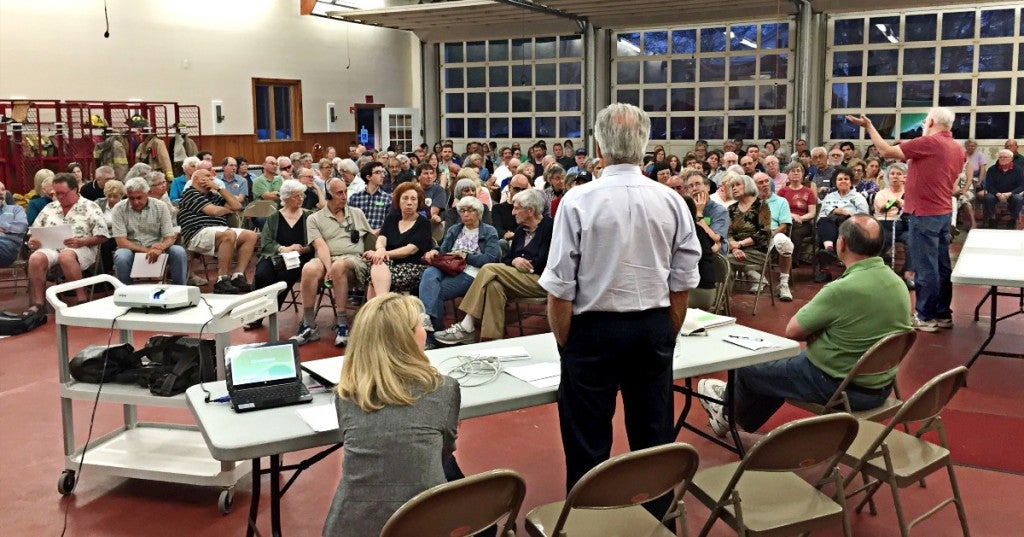
On April 20, the Berkman Center for Internet and Society released “WiredWest: a Cooperative of Municipalities Forms to Build a Fiber Optic Network,” a report written by Berkman Center Co-director and Harvard Law Professor Susan Crawford; Waide Warner, Harvard Law lecturer and senior advisor at Berkman’s Cyberlaw Clinic; and Berkman fellow David Talbot.
The report is a case study of WiredWest, a legal cooperative of 31 western Massachusetts towns that has put forward a detailed proposal to provide “last-mile” high-speed Internet access connections to homes and businesses in a rural region suffering from poor Internet access. The project has encountered delays in obtaining approvals and funding from a state agency called the Massachusetts Broadband Institute (MBI), which is responsible for providing $50 million in subsidies to solve the region’s Internet access problems.
In the case study, the authors detail how WiredWest plans to finance the construction of a state-of-the-art fiber optic network and then operate and provide services over that network. WiredWest has already secured $49 deposits from more than 7,100 pre-subscribers, developed a financial model, and drafted an operating agreement. It has taken a regional approach to spread risk and achieve economies of scale, making the model nationally relevant.
The WiredWest cooperative network would connect to an $89.7 million “middle-mile” fiber optic network built by MBI to connect community institutions such as libraries, schools, hospitals, and government buildings in 45 towns considered “unserved” (because they lack any cable service), plus 79 other towns that had partial or full Internet access services. While the middle-mile network was meant to be the starting point for last-mile networks serving homes and businesses, at the time of this report’s publication, only one of the 45 unserved towns, Leverett, had built such a network.
WiredWest would extend fiber’s benefits to a far wider region. So far 24 of WiredWest’s member towns have authorized borrowing a total of $38 million and most of those towns support going forward as part of WiredWest. Under the plan, they will pay about two-thirds of the network’s costs. To cover the remainder, they will need to receive a portion of the $50 million in available subsidies. But at the time of this report MBI had tabled any decision on the project amid a wider review of the last-mile program by the administration of Gov. Charlie Baker.